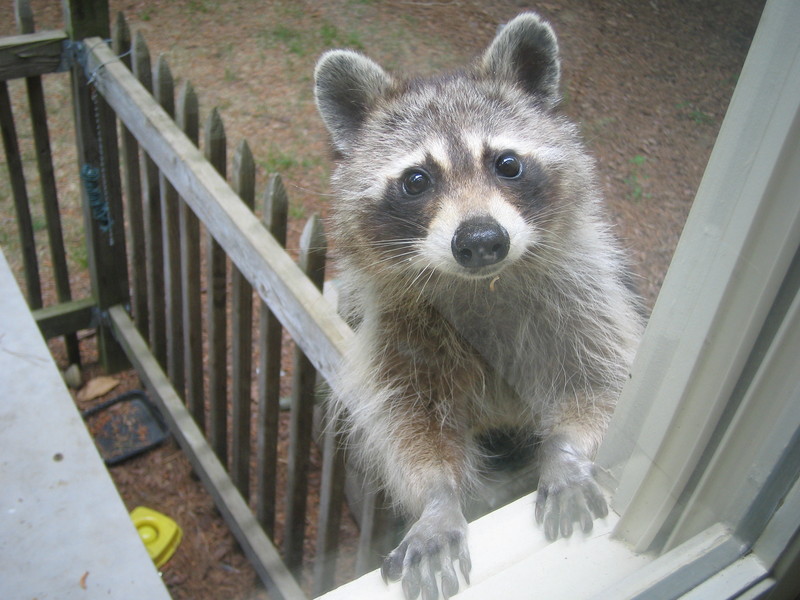|
| Query: raccoon | Result: 274th of 320 | |
raccoon
| Subject: | raccoon
| | Poster: | jennifer goodspeed (freddiejams@yahoo.com)
| |

| Resolution: 2592x1944
File Size: 1251681 Bytes
Date: 2009:04:29 14:20:44
Camera: Canon PowerShot SD20 (Canon)
F number: f/2.8
Exposure: 1/100 sec
Focal Length: 205/32
Upload Date: 2009:04:30 06:51:59
|
|
|

